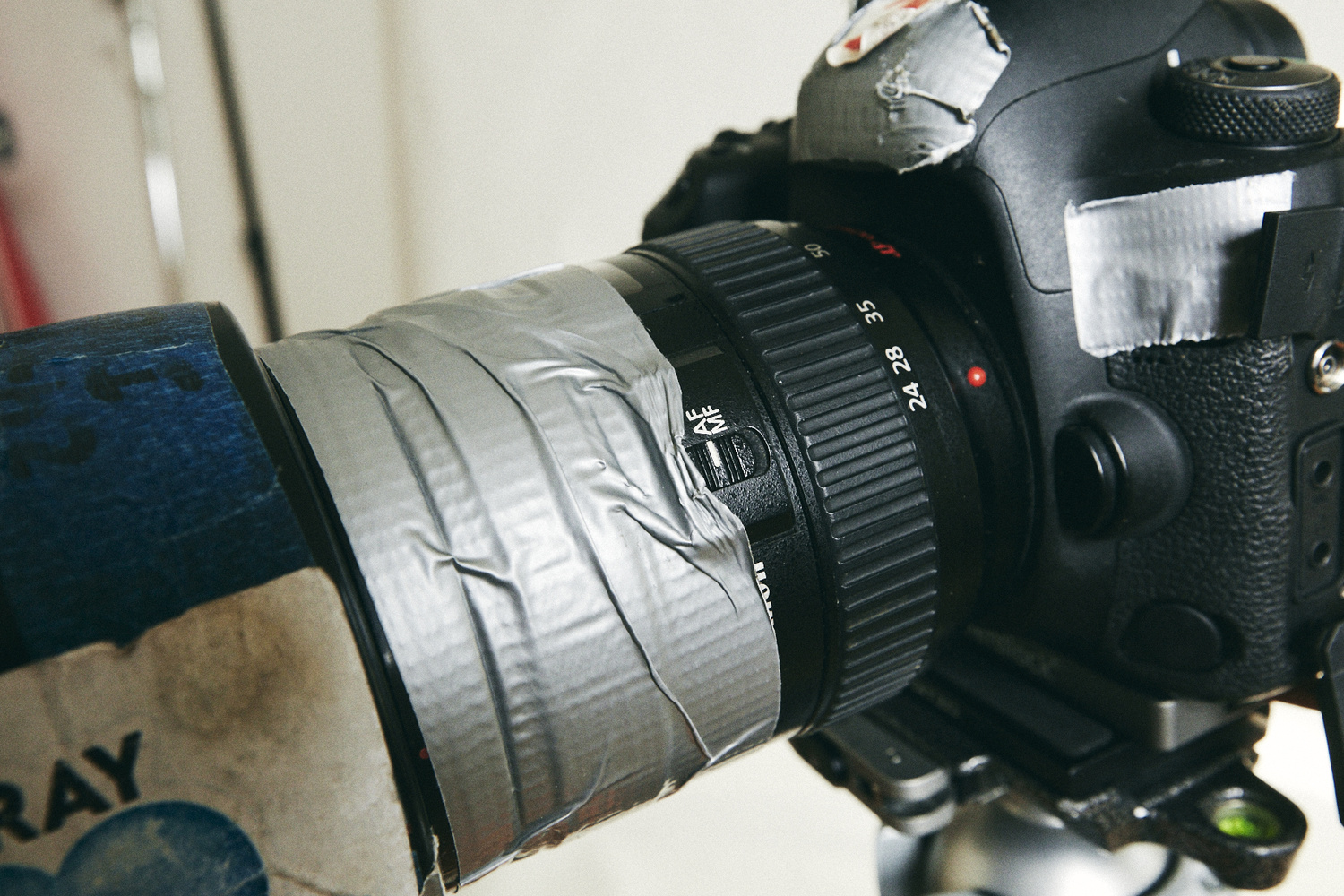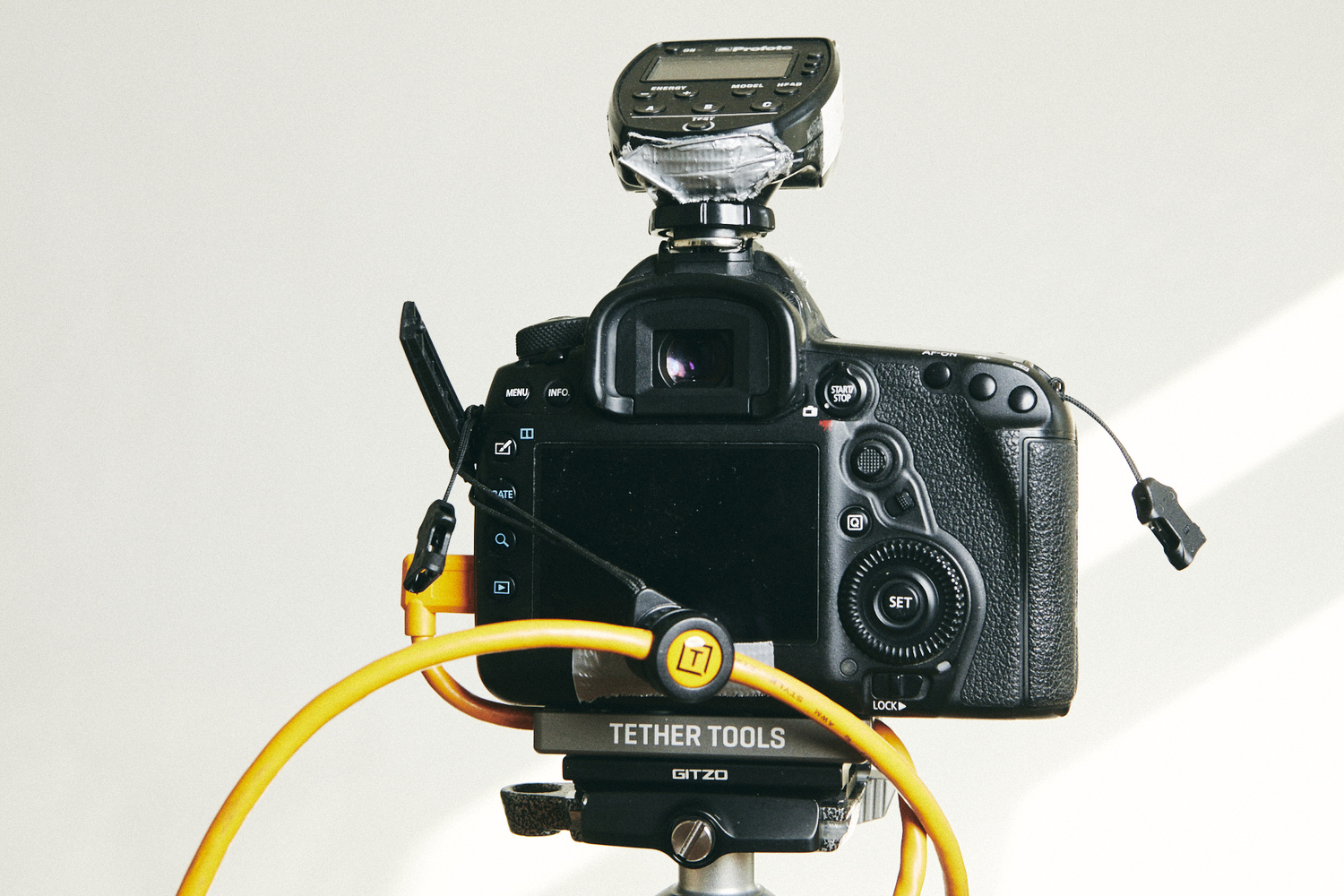There are infinite ways of upgrading gear as a photographer. Moreover, camera companies market their next product as the next best thing in the industry. All this results in a lot of confusion, speculation, and simple ambiguity. If we could, we would all upgrade everything at once, but money is a limited resource that we need to allocate with a high degree of efficiency. Throughout my career as a professional photographer, I have designed a system that helps photographers upgrade while thinking less. When I started out, I had no idea what to buy, how to spend my money, and where to get the money to spend on gear. As I progressed, I knew what I wanted and how to spend my money on it. However, I still had no money to spend on gear. Whenever I had to upgrade, I always thought twice before purchasing something, and I frankly didn't purchase something I didn't need. That's the sad reality, and to this day, I look with surprise when someone mentions that they spent thousands of dollars on something and never use it. Upgrading is hard. In this article, we will look at how to spend the limited resource with the highest degree of efficiency and impact on your work.

The system is designed to work for people whose setup includes off-camera lighting. While working strictly in fashion now, I am no stranger to other genres of photography. Before finding my niche in photography, I was a generalist and shot everything from interiors to wildlife to portraits. Off-camera lighting is a widely applicable technique, far beyond portrait photography. With this out of the way, let's dive in and see how I upgrade my gear as a professional photographer.
Modifier
Assuming you already own a couple of light modifiers, this would be the first thing on your list. Photography is about light. The word itself literally translates to light painting/drawing. This is why I consider light to be one of the key elements in photography. The wrong lighting can ruin an image before it is even taken. Having a wide selection of modifiers is far more important than having the right light for it. The modifier you use should be of the highest quality if you want mind-blowing results. For example, if we consider the most primitive tier of photography—mobile photography—we eliminate the need for a camera and a lens. All you have to do is shape and create light. There are several ways you can do this. The easiest one is to turn on your phone's flash. A step further would be to introduce an off-camera flash. An even further step would be to throw a modifier on that flash. As soon as you introduce a variety of modifiers to your flash, mobile photography becomes far better. The opportunities open even wider with good light.

Light
This would be the second thing on my list. Truth be told, I use both Profoto and Broncolor equipment. The Broncolor flash is somewhat dated, but it's a ring flash, which is far more affordable than Profoto and performs well. If we speak about Profoto alone, plenty of photographers use the old Pro-7 packs from 1998. I hope to become one of them by purchasing one. This is a professional-quality light that outperforms anything similar on offer. The only competitor I would imagine this light to have is the Godox P2400 system, which I hear is quite good. If you're interested in a review of the Godox P2400, let us know in the comments! I digress. Good light paired with a good modifier will make the image quality far superior to a better camera. This is because the camera is made to capture what is placed in front of it. If it's a poorly-lit scene, it will capture exactly that, in great resolution and detail. The thing is, if you take a high-resolution camera and place a bad scene in front of it, it will make the whole thing look even worse than before.
Lens
If you already have great lighting, look at upgrading your lens. This is what I will eventually do, as my lens is starting to show signs of aging. Unlike wine, it gets worse. That's not to say I will stop using it before it breaks. Lens technology has improved significantly in the past years. A lens from two decades ago won't perform nearly as well as a modern example of the same lens. Not only this, lenses are a tool used for composition, framing, and seeing the image. Assuming you have good lighting, an appropriate lens will capture the scene with detail and sharpness. It is far better to have a superior lens and a bad camera than vice versa. With this over, let's get to our last part — the camera.
Camera
I see cameras as black boxes with an image-sensitive bit inside. While every single camera brand will lynch me for that definition, it is what a camera basically is. The core functionality of a camera has not changed since the thing was released more than a century ago. The features and other fancy bits and bobs. Truth be told, I have never checked my camera's menu, and I had the exact same thing for 3 years at this point. Upgrading a camera is something I am unwilling to do as it won't have a significant impact on my work. Unless you are using something that predates 2010, consider upgrading everything else and only after the camera.
Closing Thoughts
Here we go, the upgrade algorithm that works: Modifiers will have the most noticeable impact on how your images look, which is why I own more modifiers than cameras and lenses combined. Next is the light; it will influence the quality of the lighting. Good lights are underrated. Lenses will then take the light and produce a high-end image circle, which can all go on a bad camera or a good one. There hasn't been a bad camera in the past decade.
How do you upgrade your gear? Do you have a system? Let us know in the comments below!







I read the camera advertisements and then get excited by the next new technology that is available and I read the specs and then throw out all of my old camera equipment and buy the latest gear so that I can brag about it on social media.... ;)
Excuse my opening. I think that your process is pretty well what I do. I think that the quality of equipment is so good that buying a new "this our that" is not for me. I am still using and loving my 5DSR. I am peeking at a Fujifilm 100s but not really serious for the reasons you stated.
I'm a Nikon guy so I had to look up your Canon. That is a great camera! 50.6 megapixels is a camera that will do it all. Having the same pixels as the Hasselblad from only a moment ago with Canon lenses is perfect.
Yes, it came out in 2015 and I am still happy with it for what I do. Canon stopped making it and I bought a 2nd body for a 3rd of the original price.
I just bought a Nikon D3200 used for $150. I'm retired so I didn't need to replace my rugged D200. I had all the cleaning tools so it's nice now. It has 4X the pixels of the D40 at a fraction of buying a mirrorless camera. A second body is a real reduction in stress.
2nd bodies do relieve stress. I
A solid plan which I have followed in my thirty year career. I still use Profoto Acute kits and am trading two b600 kits for a 7b kit this week. The EF L lenses are solid performers and my two 5DIV's should work for years to come. What most people neglect is putting money away for emergencies and retirement.
Shame to see cheap tape wrapped around gear
it's duct tape...works wonders!
How bizarre. Change Canon to Olympus; and our upgrade history's match almost entirely.
lol, Photography is the best reason ever to stay away from drugs. It takes all my money.